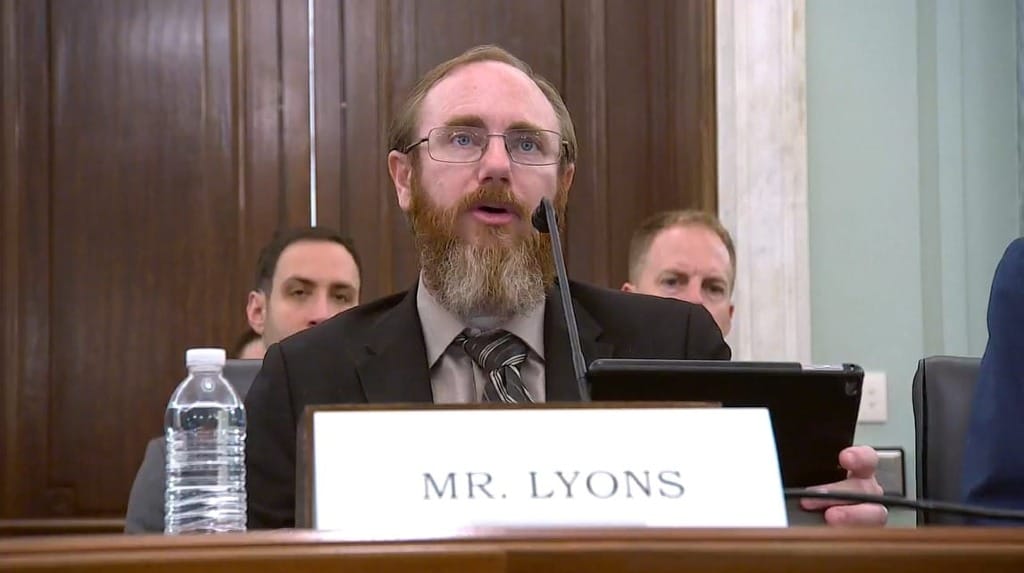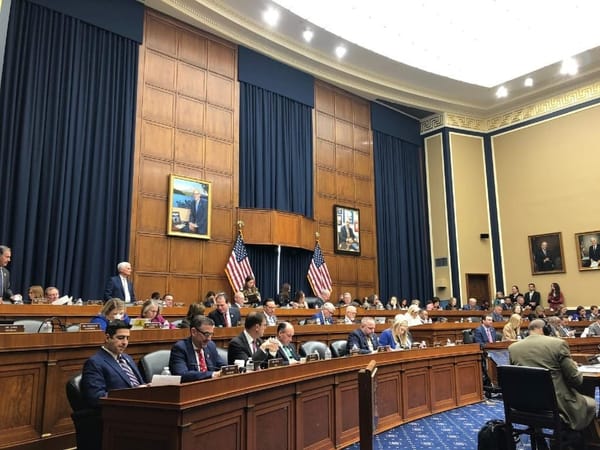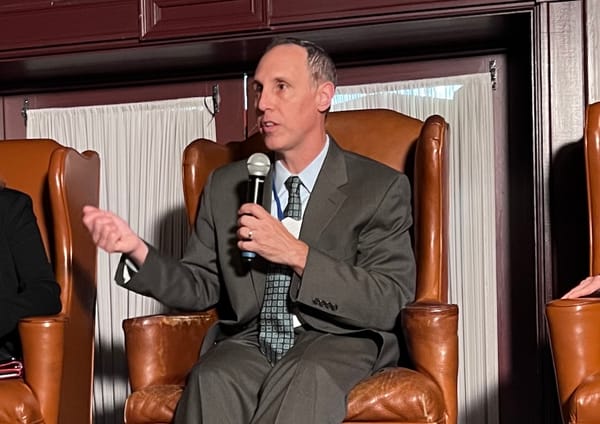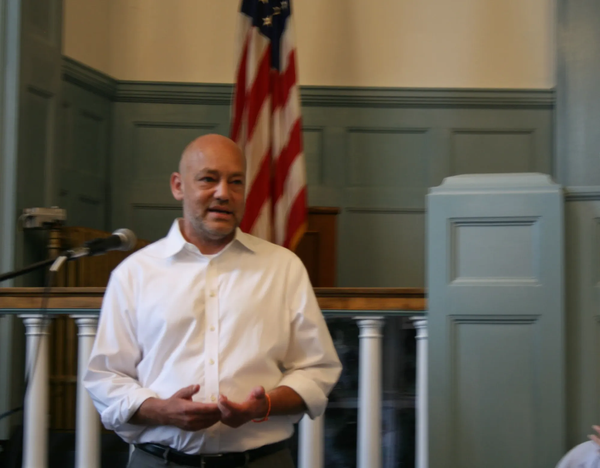Law Professor to Carr: Best to Avoid Rosenworcel’s Mistakes
Carr urged to focus on core issues like spectrum.

Carr urged to focus on core issues like spectrum.

WASHINGTON, Dec. 6, 2024 – A law professor at Boston College has a simple message for incoming Federal Communications Commission Chairman Brendan Carr: Best to play the game inside the 40-yard lines.
Daniel Lyons, who is also B.C.’s Associate Dean of Academic Affairs, said Carr should apply lessons from Chairwoman Jessica Rosenworcel’s leadership as he prepares to take over on Jan. 20.
“One lesson for incoming Chairman Carr is to resist the temptation to lead the FCC as a happy warrior in America’s broader culture wars,” Lyons said in a Thursday article. “It would be a mistake [for Carr] to become the Rosenworcel of the right, for example by pursuing a rulemaking to limit the scope of Section 230 protections for interactive computer services.”

What constitutes an 'invidious' DEI policy in regulators' eyes?

Democrats warn the law will fall flat without a functional FTC to enforce it.

Providers had asked for several changes, including to how the agency determined the presence of unsubsidized competitors.

Supporters argue the bill would preserve agency expertise in complex rulemaking